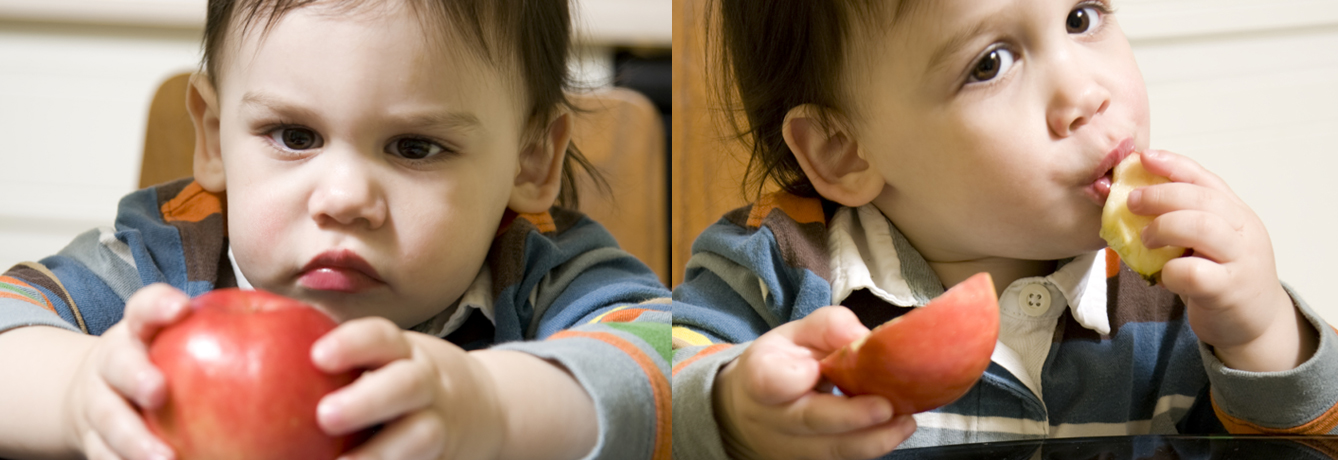It’s summer grilling time, when kids can dispense with utensils while chowing down chicken drumsticks and corn on the cob. But one unintended consequence of this more relaxed dining etiquette may be rowdier behavior, new research suggests.
In a study published in Eating Behaviors, a team led by Brian Wansink, Professor and Director of the Cornell University Food and Brand Lab, observed elementary children at summer camp to see if eating habits had any effect on kids’ conduct. On day one, half the kids were served chicken drumsticks–the other half were served chicken cut into bite-sized pieces. On day two, the servings were swapped. The results: Kids who’d bitten into their food were twice as likely to act out (talk back, climb on picnic table, act aggressively) as those who’d eaten food that was cut up. Says Wansink: “If you want a nice, quiet, relaxing meal with your kids, cut up their food. If drumsticks, apples or corn on the cob are on the menu, duck!”
Why might this be? We know that mindful eating techniques–using chopsticks, ditching dinky forks, chewing (and thus fully tasting) and turning off the TV at mealtime–can support weight loss among adults by giving them time to feel more full and make more considered dietary choices. The Cornell research suggests the mindfulness benefits may extend beyond the dinner table–supporting a more measured approach in other areas of life as well.
In addition to having your kids use utensils, where else do kids’ diet and deportment intersect?
Caffeine intake: Among kids ages 8 to 12, caffeine intake is nearly 30% higher than recommended. Even 5- to 7-year-olds consume, on average, 16% more caffeine than recommended for that age group. Swap soda and energy drinks with better beverage options such as 100% fruit juice, which is linked to lower body mass indices and higher nutrient intakes among children under age 12, according to the American Academy of Pediatrics.
Candy: Not only does too much sugar increase your child’s risk of tooth decay and obesity–research published in the British Journal of Psychiatry suggests that tots who have candy on a daily basis are far more likely to later face trouble with the law due to violent behavior. Better options: Raisins and other dried fruit–nature’s candy–provide needed nutrients and fiber.
Obesity: Obese children face up to a 63% increased risk of peer harassment according to a study published in Pediatrics. The more sensitive children are, the more likely to be obese, acutely amplifying the emotional impact of bullying. More fruit and vegetables in the diet help kids feel fuller, protecting them against excess weight gain, and promoting self-esteem.
Published July 1, 2014



